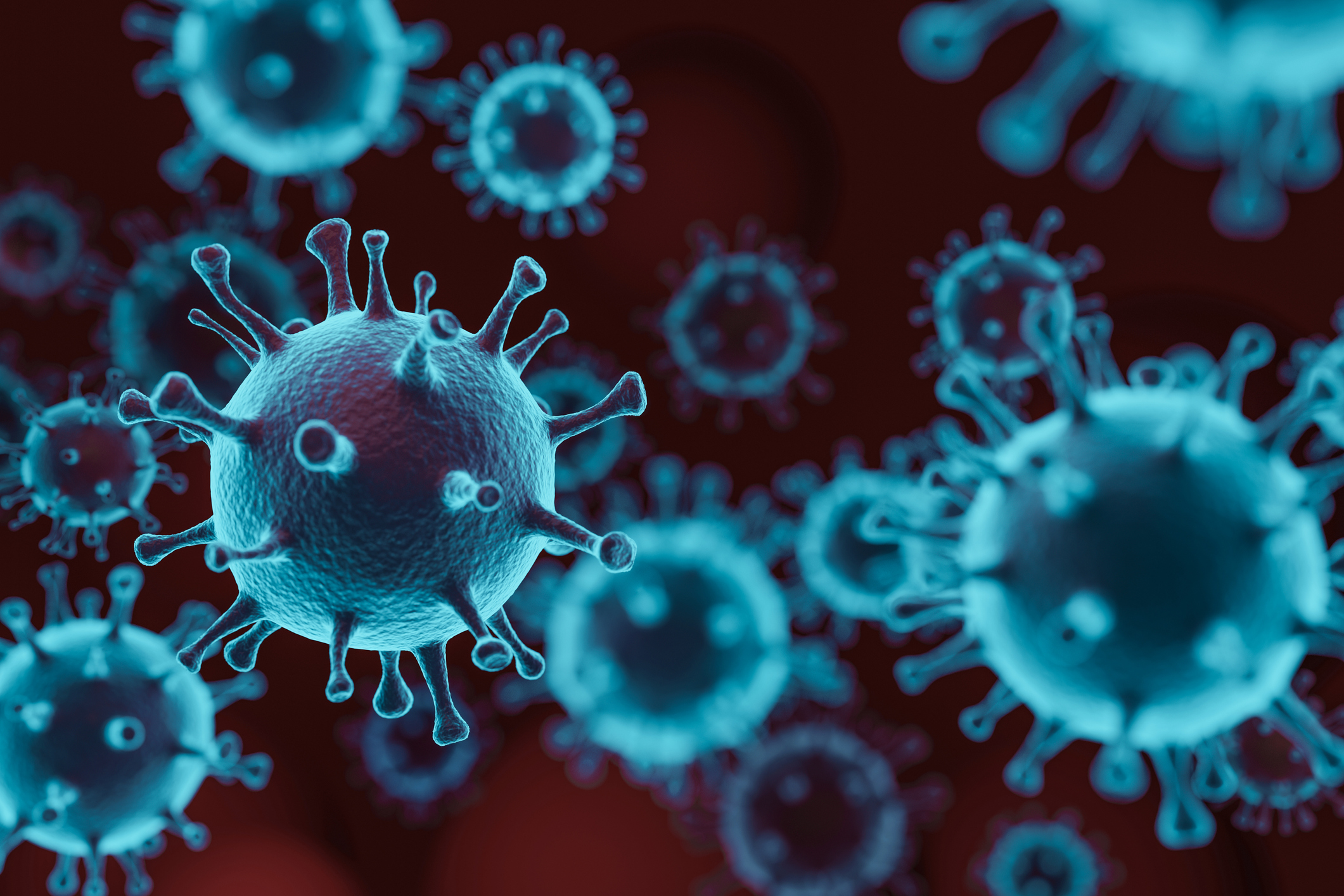
Slough Borough Council has submitted plans to activate surge testing in key parts of the town after a dramatic rise in covid case rates locally
Plans were submitted to government yesterday (Wednesday 9 June) to launch surge testing in specific areas of the town with higher case rates, including parts of SL1 and SL2.
The plans follow analysis of covid case rates across the town which have risen from 23.4 per 100,000 of the population on 14 May to 72.2 per 100,000 of the population today (10 June).
Delta variant (first detected in India) cases were initially identified in Slough at a number of schools with the schools directly working with PHE, immediately notifying contacts and instituting targeted testing of pupils and staff.
However, though there is no individual outbreak, cases are rising in the community as a whole and with the Delta variant now dominant.
A decision on the plans is expected in the next couple of days and if agreed it is not expected that surge testing will start until around the 16 or 17 of June.
However, residents are encouraged to take extra care, do home testing if they have kits and isolate immediately if they or a close contact tests positive for covid to help stop the spread of the Delta variant in Slough.
Sue Foley, consultant in public health for Slough Borough Council, said: “We have been keeping a very close watch on the case rate in Slough and though our rates are not rising at the same rate as other areas of Berkshire or other areas of the country we do not want to be in the position of Manchester and Bolton with extra restrictions being brought in.
“The Delta variant is much more contagious than previous variants – meaning it passes from person to person more easily – and is now the dominant strain in Slough.
“Slough is also an area which has lower uptakes of the vaccine – because a large amount of our population is younger and only recently become eligible to receive the vaccine – however we are working with our health colleagues to offer surge vaccination drop-in centres and buses alongside the surge testing.
“Thankfully our hospital rates are not rising at the same rate as our cases, but with the ease of transmission and the number of residents not fully vaccinated, our fear is residents could be seriously affected by this strain and more require hospital treatment if we don’t reduce the spread of the virus.”
The best way to protect yourself and your loved ones from the risk of catching COVID-19 is to keep doing the following:
- stay at least two metres (three steps) away from people you're not meeting with – you can choose to have close contact with friends and family, see advice about meeting friends and family safely on GOV.UK
- wash your hands with soap and water often – do this for at least 20 seconds
- use hand sanitiser gel if soap and water are not available
- wash your hands as soon as you get home
- let fresh air into your home by opening windows, doors and air vents as much as possible
- wear a face covering where necessary
And to do all this even if they have been vaccinated – as though the vaccine protects against serious illness, vaccinated people can still catch covid and pass it on to others.
Councillor Natasa Pantelic, lead member for social care and public health, said: “I have had my first dose of the Covid-19 vaccine and I am now partly protected from this new variant and will be protecting those around me.
“There are a number of vaccines for everyone to choose from and it’s quick and easy to get your jab. This continues to be the best way to protect yourself and others against this virus which can be a serious illness to some people. Don’t take the risk. Get your jab when it’s your turn.”
More information will be released on surge testing when the plans have been confirmed and given the green light by government.

